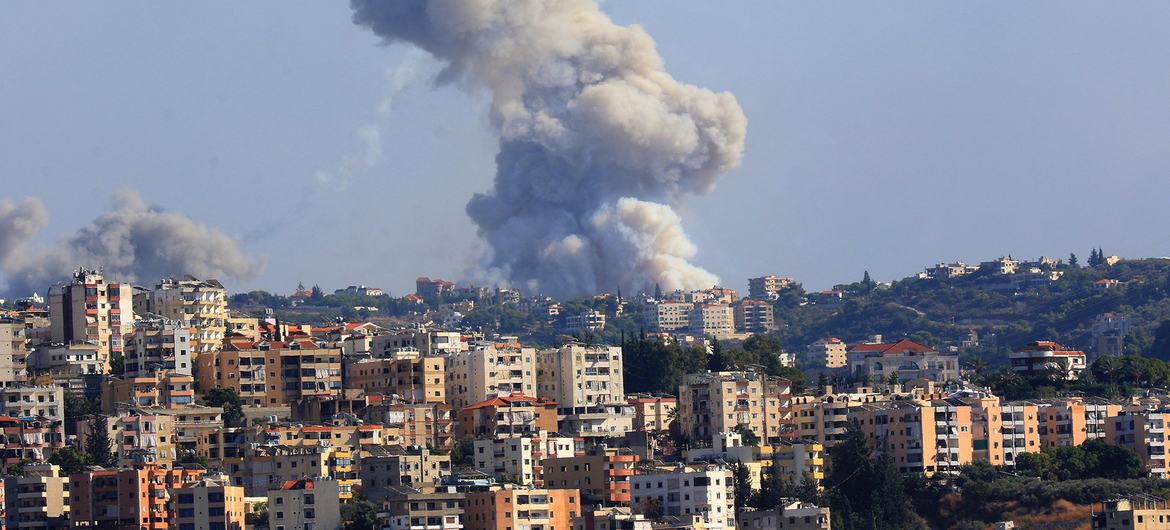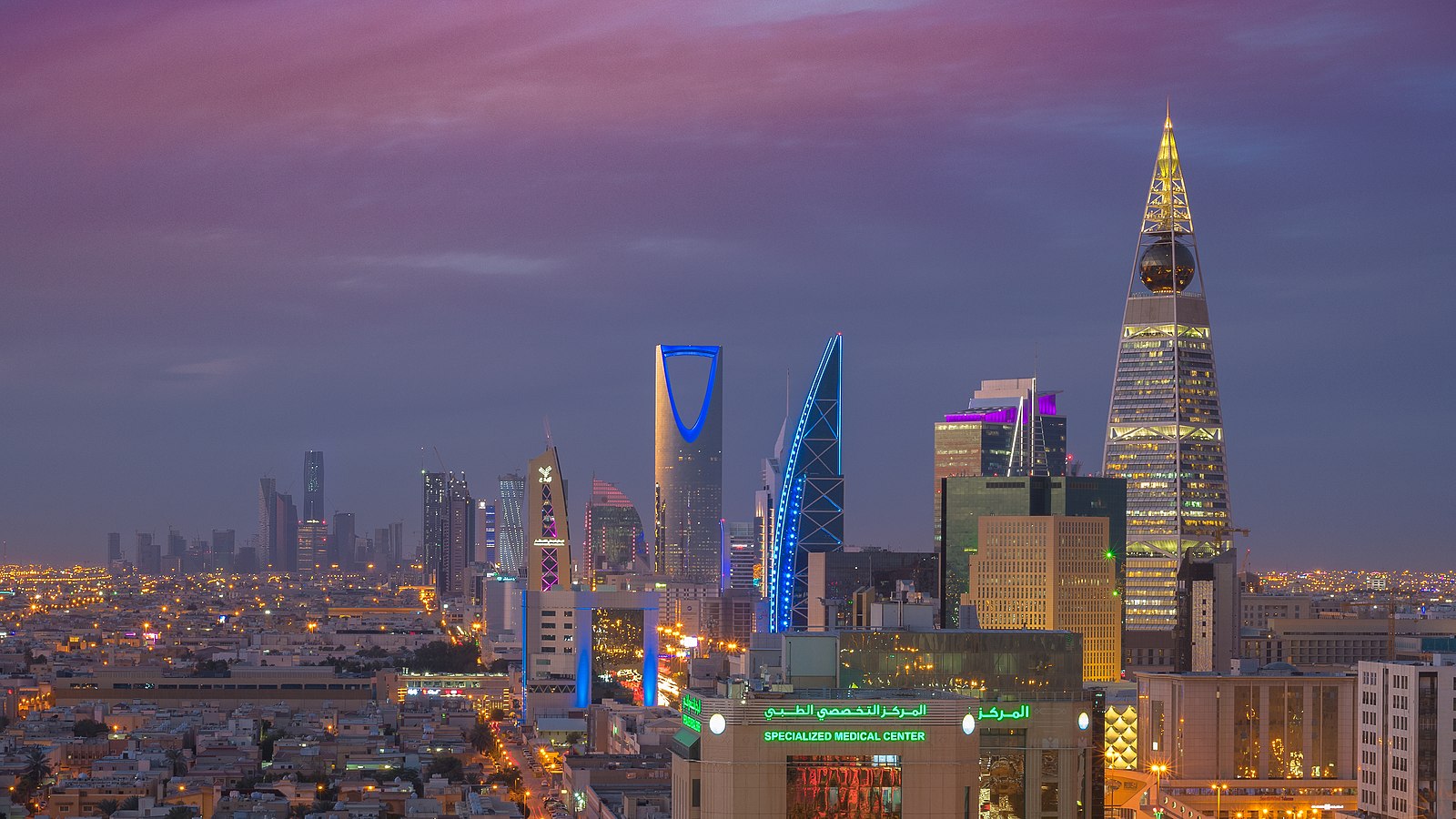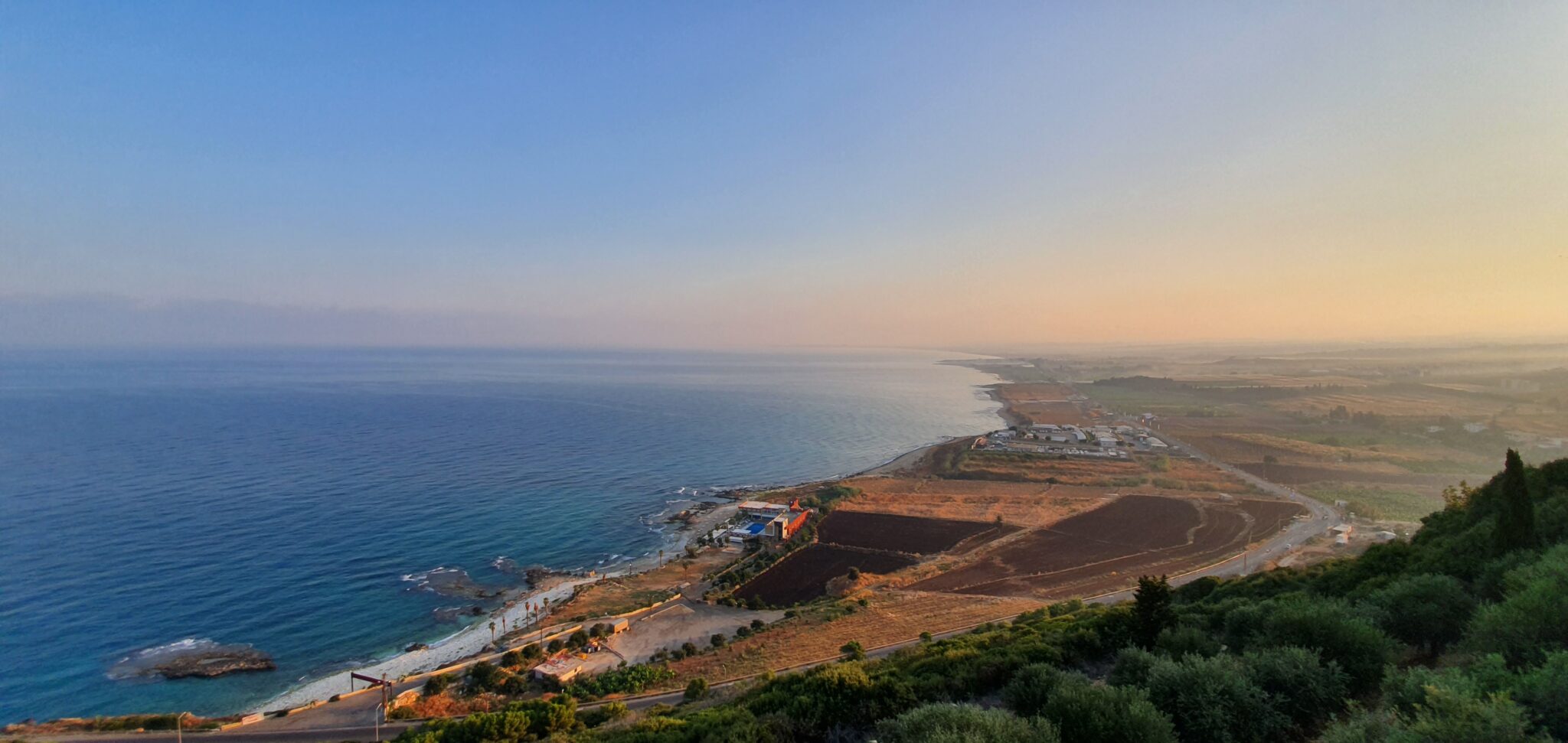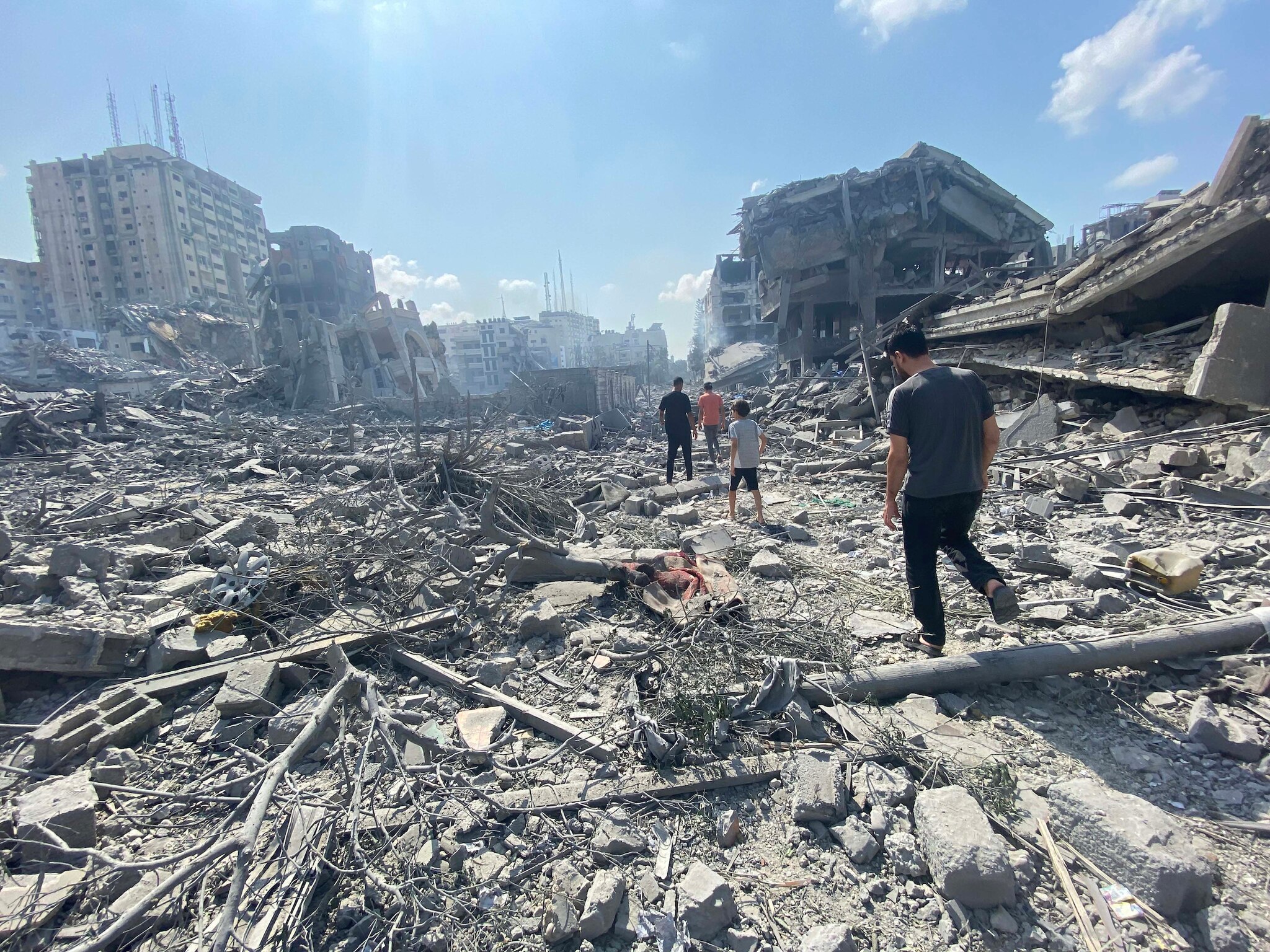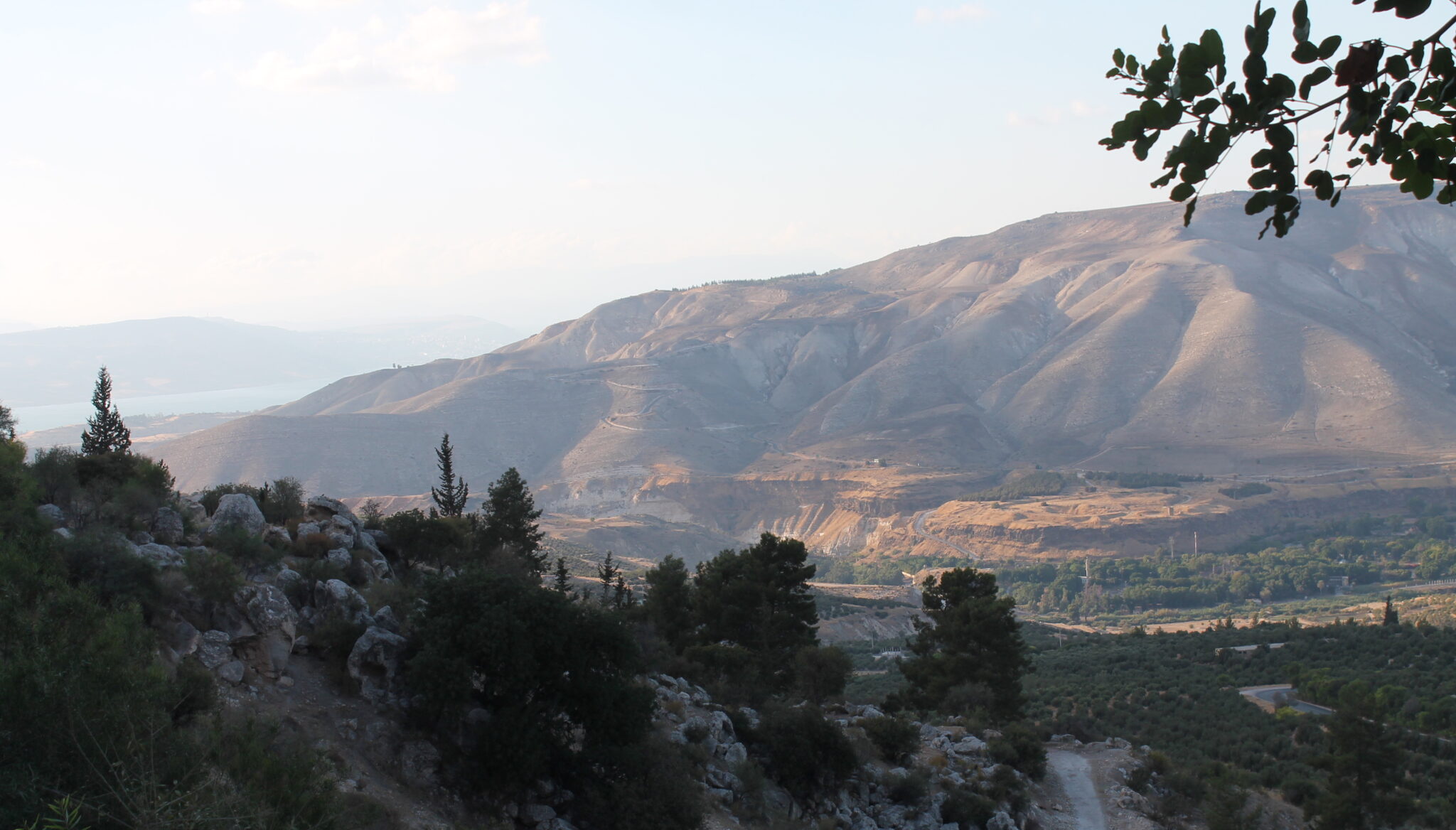Podcast: neither Jewish State nor Islamic Republic
Israel’s long-awaited strikes on Iran targeted military and industrial installations in Tehran, Khuzestan and Ilam, with air-strikes also reported in the Syrian cities of Damascus and Homs. It is now Iran’s turn to retaliate in the escalatory tit-for-tat game, as the brink of regional and even world war looms ever closer. In Episode 249 of the CounterVortex podcast, Bill Weinberg advocates a neither/nor position that rejects the militaristic and reactionary regimes of both Zionism and political Islam, and looks to a secular order in the Middle East. Listen on SoundCloud or via Patreon. (Image: @iranprotest2019)





